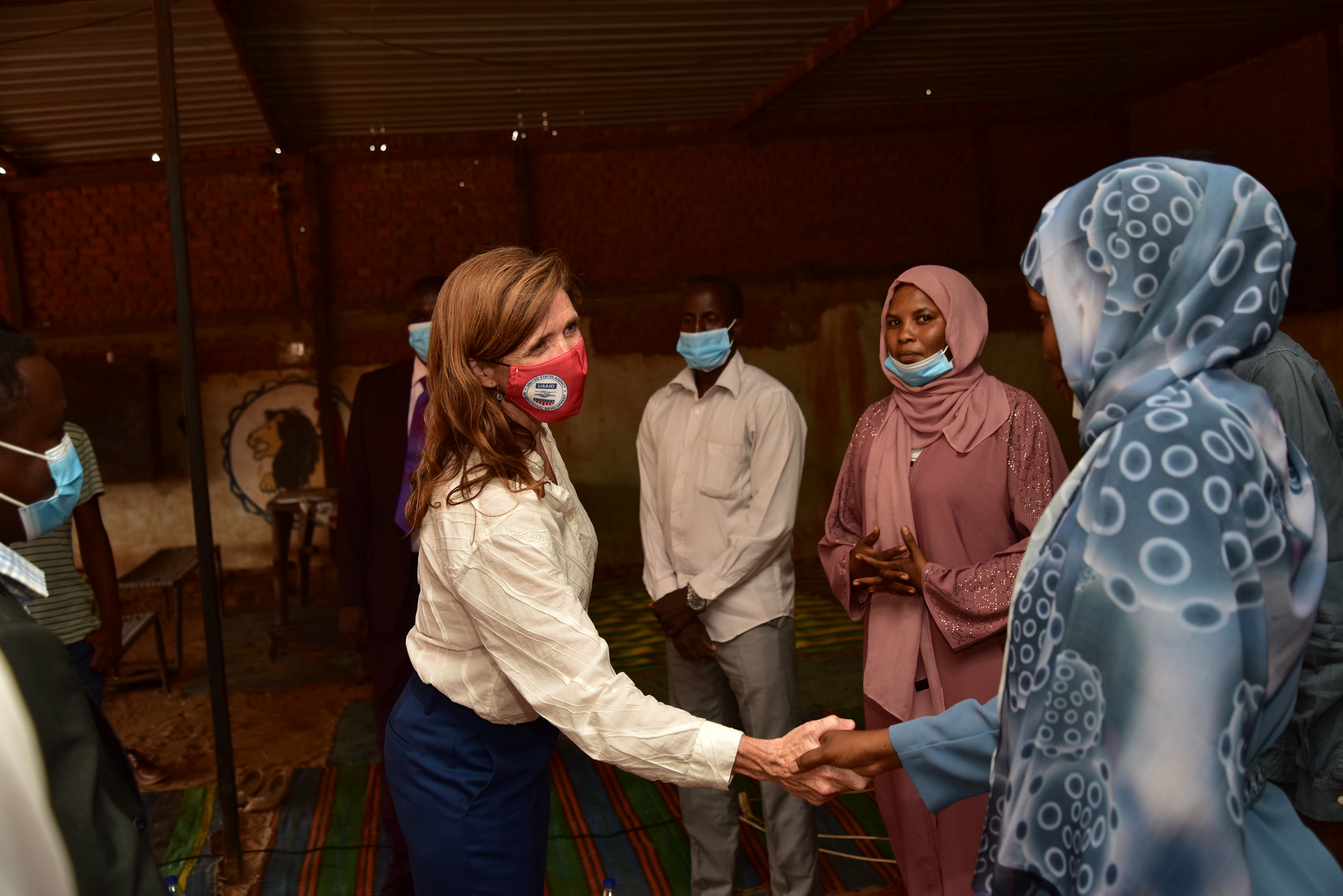Given Samantha Power’s position as the current Administrator of the U.S. Agency for International Development (USAID), a Pulitzer-winning author, a distinguished diplomat and one of the U.S.’s most widely respected advisors on foreign affairs, perhaps the most surprising characteristic about her is her unbridled humility. When she speaks of her years of experience in high-pressure security jobs in the White House and on Capitol Hill, she recounts her days being riddled with sprints from her office – in heels – to feed her children, and evenings spent bonding with the few other females working at such political heights over a glass of wine.
This is to say that Administrator Power has not gotten to where she is by stepping over others or charting a cutthroat path of campaign. Rather, she’s employed a soft power approach to her rise, allowing her intellect, versatility, courage and values to shape her impenetrably good reputation as a leader in the truest sense of the word.
“One of the things I’m trying to do at [USAID], with a remarkable team of career professionals I get to work with, is to shift the emphasis to working with – and I know this sounds obvious – local organizations and local partners,” she said at a Global Landscapes Forum held alongside COP26.
An immigrant to the U.S., having arrived from Ireland at the age of 9, Power worked as a war correspondent covering the Yugoslav Wars before graduating from Harvard Law School. Since then, there’s no issue or challenge to which she hasn’t devoted her mind and influence, from advising the Obama administration on LGBTQ+, women’s rights, human trafficking and threats against democracy during her four years on the National Security Council, to instigating radical changes in the treatment of refugees, helping ratify the Paris Agreement on Climate Change and negotiating the Sustainable Development Goals during her four years serving as the U.S. Permanent Representative to the U.N.
“We’ve heard this phrase for a long time of ‘inclusive development’… but inclusive doesn’t do it justice,” she said. “When we are actually in a state of co-designing rather than a state of staid partnership, when we’re actually sitting side-by-side, hopefully with some catalytic resources… and we’re staring at the problem set, hearing perspectives from partners in the world who are on the frontline, feeling the effects of COVID, climate change, conflict, or food security, and their solutions are driving our creativity and our coalition building – it’s that model for inclusive and sustainable development that I hope we can drive forward.”
Photo by USAID U.S. Agency for International Development, Flickr.




